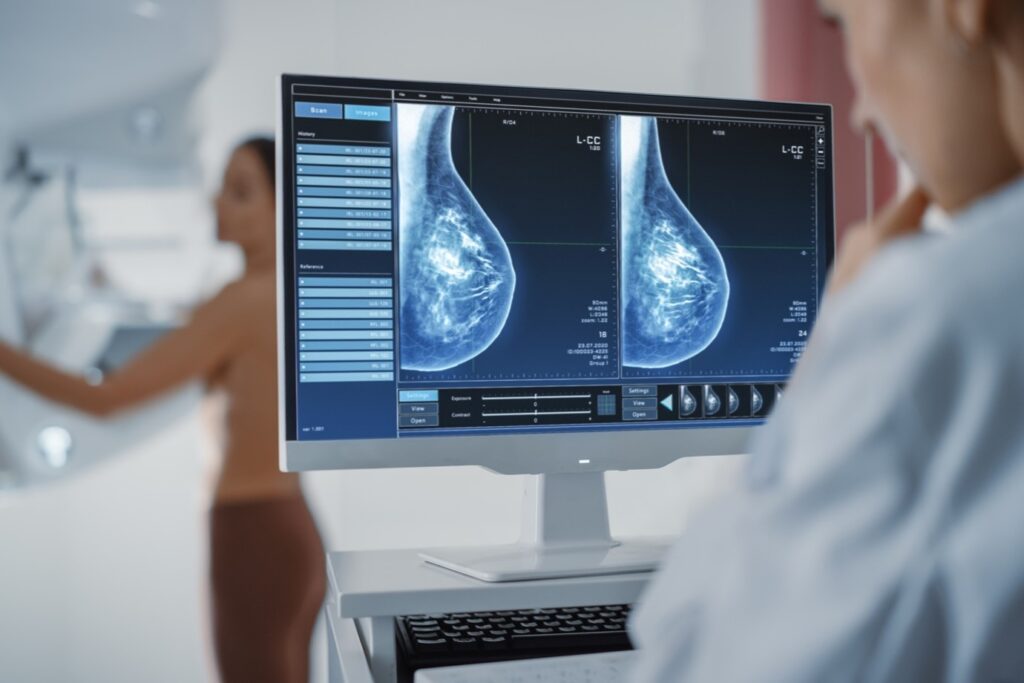Recent childbirth increases a woman’s chance of developing breast cancer compared to if they’ve never given birth, according to a new study.
The finding comes from a cohort study of 17,274 women from the US, Canada and Australia, where results show the risk of developing breast cancer peaked at five years after the last full-term pregnancy and delivery.
Researchers from the University of New South Wales, the University of Melbourne and the Columbia University Irving Medical Centre, used a predicted absolute risk score (PARS) to determine the risk of developing breast cancer.
Women with higher risk scores were 1.5 times more likely to develop breast cancer after giving birth, compared to women with similar risk scores who had never given birth.
The risk was even greater for women with a family history of breast cancer, who had given birth recently.
Those with higher risk scores who had never given birth, could go more than 20 years before getting a breast cancer diagnosis.
The study also looked at the association between breastfeeding and increased cancer risk– none was found.
“Few studies have investigated whether the associations between pregnancy-related factors and breast cancer risk differ by underlying breast cancer susceptibility,” said the study’s authors, noting that more research “is critical” in order to help develop “effective risk-based screening guidelines”.
Previous research, cited in the report, has shown that breast cancer incidence in women younger than 50 years has been increasing since 1976, with some estimates as high as a 2 per cent annual change.
Changes in reproductive trends have been cited as a partial explanation, however, the report says other factors that deserve similar attention include breastfeeding, family history and recent childbirth. This information can then be used to improve risk-based assessment models.
“The clinical utility of any model is dependent on sensitivity and specificity, where misclassification of high risk can have consequences,” said the report.
“Given that women who have recently given birth are often undergoing closer medical surveillance for postnatal care, there is an opportunity to inform, develop, and evaluate surveillance strategies and messaging for women with a higher short-term risk of [breast cancer].

